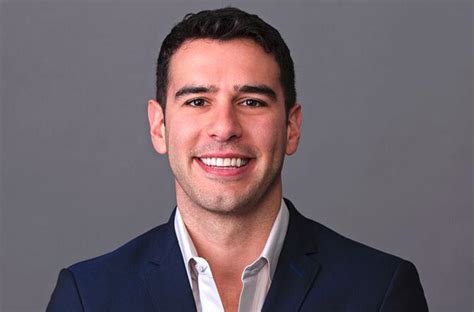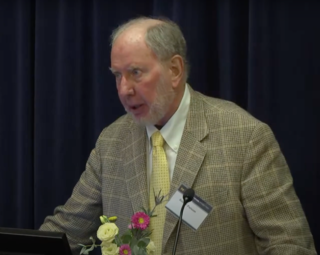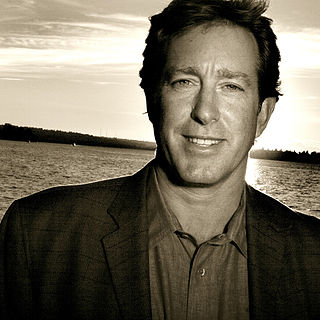A Quote by Simon Mainwaring
If a brand wants to build social communities, capital and influence, it must become the chief celebrant of its community, not its celebrity. This simple shift in approach unlocks enormous transformative potential for brands.
Related Quotes
Perhaps the most effective way to describe the approach a brand must take is to think of themselves as social cartographers. By that I mean that brands must simultaneously inspire, engage and maintain a series of conversations taking place within certain cultural landscape specific to their business goal.
Our Government understands that local, community organizations are essential in addressing social issues like economic development, poverty, education and integration in Canadian communities. The Community and College Social Innovation Fund will connect the innovative talent of researchers and students at colleges and polytechnics to meet the research needs of local community organizations to build stronger, safer, healthier communities.
The most potentially transformative impact of social media is its ability to encourage brands to marry profit and purpose. The reason brands participate is that such outreach earns those companies social currency enabling them to start or participate in conversations that connect them to consumers in meaningful ways.
Coming to LA and working with brands connected with celebrity was a very different experience. I thought it was interesting to work with someone like Justin Timberlake and to work with the phenomenon of celebrity in the U.S., and also to take on the challenge of taking a celebrity brand and adding credibility to it.
Although we've used the concept brand communities a couple of times, it's important to reiterate that communities aren't created, they are courted. Most brands will need to court a range of different communities and travel across pools, webs, and hubs if they want to reach the full range of desired consumers.
For every grand and finely worded statement by the CEO, the brand is also defined by derisory consumer comments overheard in a hallway, or in a chat room on the Internet. Brands are sponges for content, for images, for fleeting feelings. They become psychological concepts held in the minds of the public, where they may stay forever. As such you can’t entirely control a brand. At best you can only guide and influence it.




























